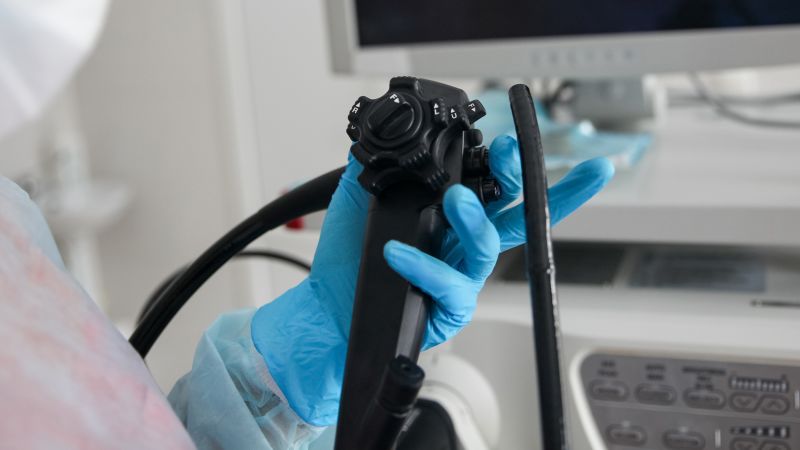Vince
Super Moderator
The study marks the first time colonoscopies have been compared head-to-head to no cancer screening in a randomized trial. The study found only meager benefits for the group of people invited to get the procedure: an 18% lower risk of getting colorectal cancer, and no significant reduction in the risk of cancer death. It was published Sunday in The New England Journal of Medicine.

 amp-cnn-com.cdn.ampproject.org
amp-cnn-com.cdn.ampproject.org















